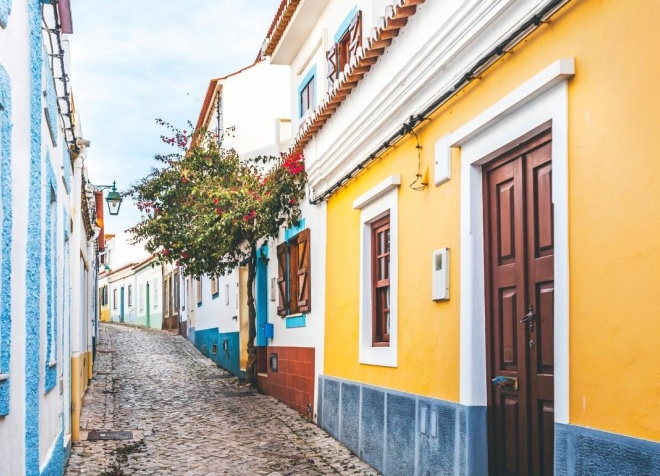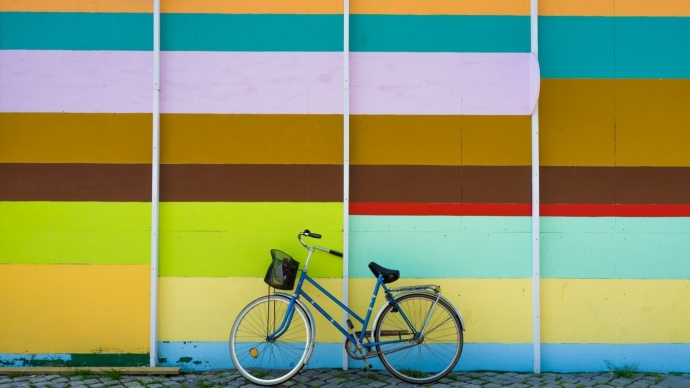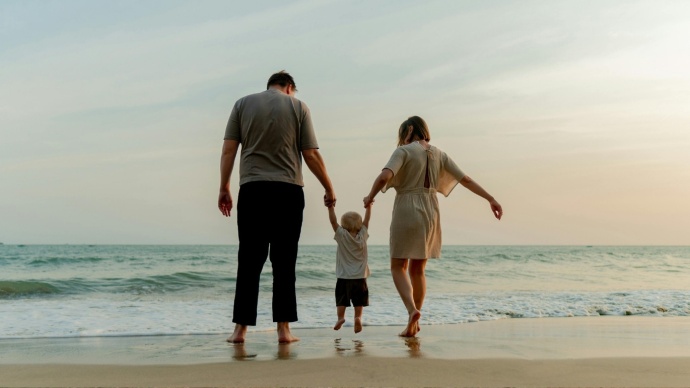
If you're planning a trip to Portugal and wondering how safe is Portugal for tourists, the short answer is: very safe. Portugal consistently ranks among the top 5 safest countries in the world, according to the Global Peace Index, which evaluates factors like crime rates, political stability and personal safety.
Whether you're cycling the trails of the Costa Vicentina, walking historic streets in Lisbon, or relaxing on the beaches of the Algarve, Portugal offers a reliable, welcoming and low-risk environment for travelers of all ages. Let's take a closer look at why Portugal is such a safe destination, what precautions to take and how to enjoy your visit to the fullest.
Low crime rates in Portugal
Portugal’s crime statistics paint a clear picture. Violent crime is exceptionally rare, and petty crimes like pickpocketing are limited mainly to tourist-heavy urban centers.
Key facts:
- Ranked 7th on the 2025 Global Peace Index;
- Murder rate: one of the lowest in Europe (0.7 per 100,000 people);
- Gun violence: extremely uncommon due to strict firearm regulations;
- Police presence: calm, respectful and helpful, especially in tourist zones.
Most issues encountered by tourists are non-violent and preventable, such as:
- Pickpocketing in crowded trams or train stations (especially in Lisbon and Porto);
- Rental car break-ins (avoid leaving valuables in plain sight);
- Tourist scams (rare, but always exercise caution).
Natural hazards: minimal threats
Unlike some destinations, Portugal is free from major natural disaster risks. The country does not suffer from earthquakes, volcanoes or hurricanes in any impactful way. Occasional forest fires occur in inland and mountainous areas during peak summer, but rarely affect coastal tourist zones.
Water safety:
- Tap water is safe to drink across the country;
- Public beaches are clean and well-maintained;
- Lifeguards are present at most popular beaches during summer.
Is it safe to travel solo in Portugal?
Absolutely. Portugal is often rated as one of the best countries for solo travelers, including women. Its social atmosphere, friendly locals and modern infrastructure create an ideal environment for solo exploration.
Tips for solo travelers
- Join group tours or activities (like a guided bike tour) to meet other travelers;
- Stick to well-lit streets at night, particularly in rural towns;
- Use apps like Bolt, Free Now or Uber for safe transportation.
Safety for families, couples and older travelers
Portugal is one of Europe’s top destinations for multi-generational travel. With its slow pace of life, safe public transportation and welcoming culture, it’s an excellent place for:
- Families with children: kids are welcome almost everywhere, including restaurants;
- Couples: romantic towns, coastal getaways and wine regions offer endless charm;
- Older travelers: excellent healthcare, accessible attractions and tranquil settings.
LGBTQ+ safety in Portugal
Portugal is also one of the most LGBTQ+ friendly countries in the world, with inclusive laws, open-minded cities and welcoming attitudes. Same sex marriage has been legal since 2010, and Pride events take place in Lisbon, Porto and other towns annually.
LGBTQ+ travelers report feeling safe and comfortable in most areas, including rural regions.
Health and medical safety: world-class systems
Portugal boasts a highly rated healthcare system, with well equipped hospitals and clinics in urban and regional areas. As a tourist, you can access:
- Private clinics and hospitals: with English speaking staff and short wait times;
- Pharmacies (Farmácias): found in every town and open until late, pharmacists are knowledgeable and helpful;
- Travel insurance: strongly recommended for full coverage.
Transportation safety: modern, reliable and efficient
Portugal's public transportation is modern, affordable, and very safe.
Trains and buses
Car rentals
- Roads are well marked and maintained, but country driving can involve narrow lanes or winding roads;
- Always lock your car and avoid leaving valuables inside;
- Toll roads require Via Verde or manual payments, inform yourself before driving.
Cycling
- Portugal is becoming more cycle friendly, especially in nature parks and coastal regions;
- Dedicated trails like those in Costa Vicentina offer car free, nature immersed cycling;
- Helmets are recommended, and reflective gear is required for night riding.
Local culture: friendly and respectful
Portuguese people are known for their hospitality, politeness and warmth. Travelers often note how safe and welcomed they feel, whether in a village café, a city plaza, or a family-run guesthouse.
Language
- Portuguese is the official language, but rnglish is widely spoken in tourist areas;
- Knowing a few words like “obrigado” (thank you) or “bom dia” (good morning) goes a long way.
Cultural norms
- Dress modestly when visiting churches or sacred sites;
- Tipping is appreciated but not mandatory.
Emergency services and contact info
Portugal has an European centralized emergency number:
- 📞 112 : works for police, medical emergencies and fire.
Other helpful contacts:
- 📱 Consulate or embassy: register your trip if you’re from the US, UK, or EU;
- 🏥 For medical assistance: visit the nearest Centro de Saúde (Health Center) or private clinic.
Portugal is one of the safest travel destinations in the world. Whether you're a solo adventurer, a family with children, or a couple seeking coastal tranquility, you can expect a peaceful, secure and enriching experience.
Its low crime rates, stable political climate, warm hospitality, excellent healthcare and natural beauty all contribute to an outstanding sense of safety for every kind of traveler.
Just use the same common-sense precautions you would anywhere else, and Portugal will reward you with a trip full of ease, authenticity and joy.

